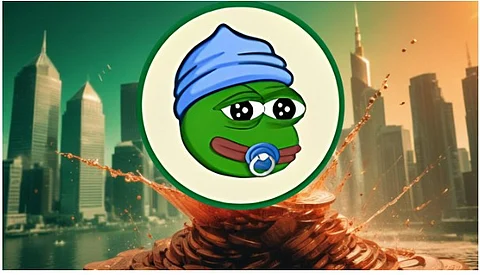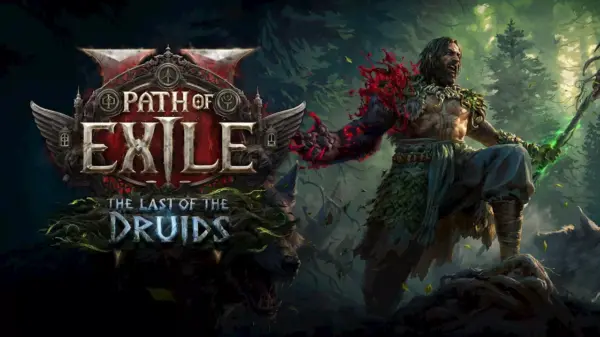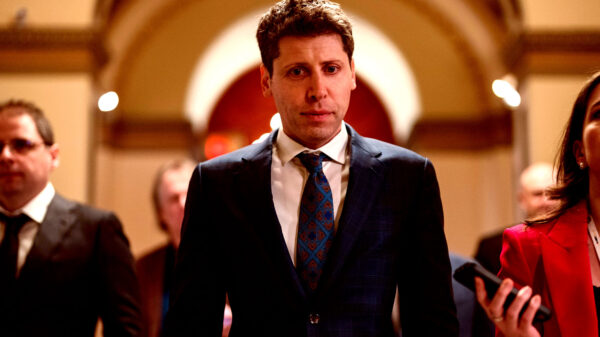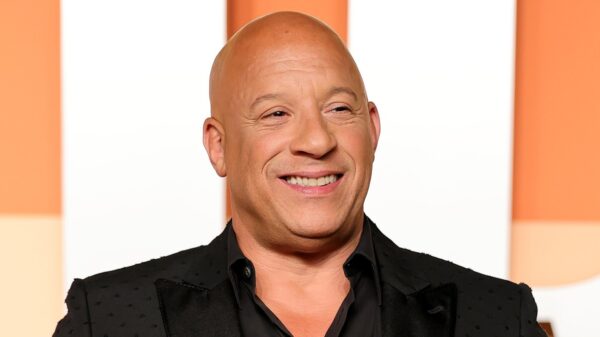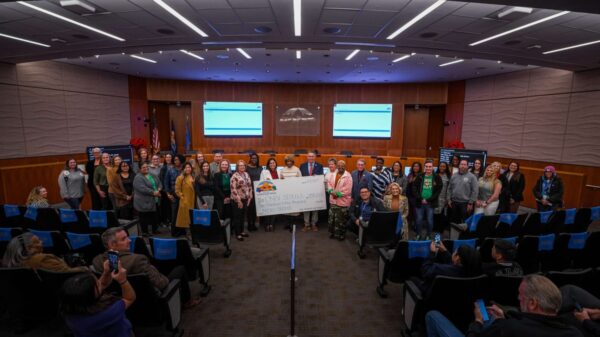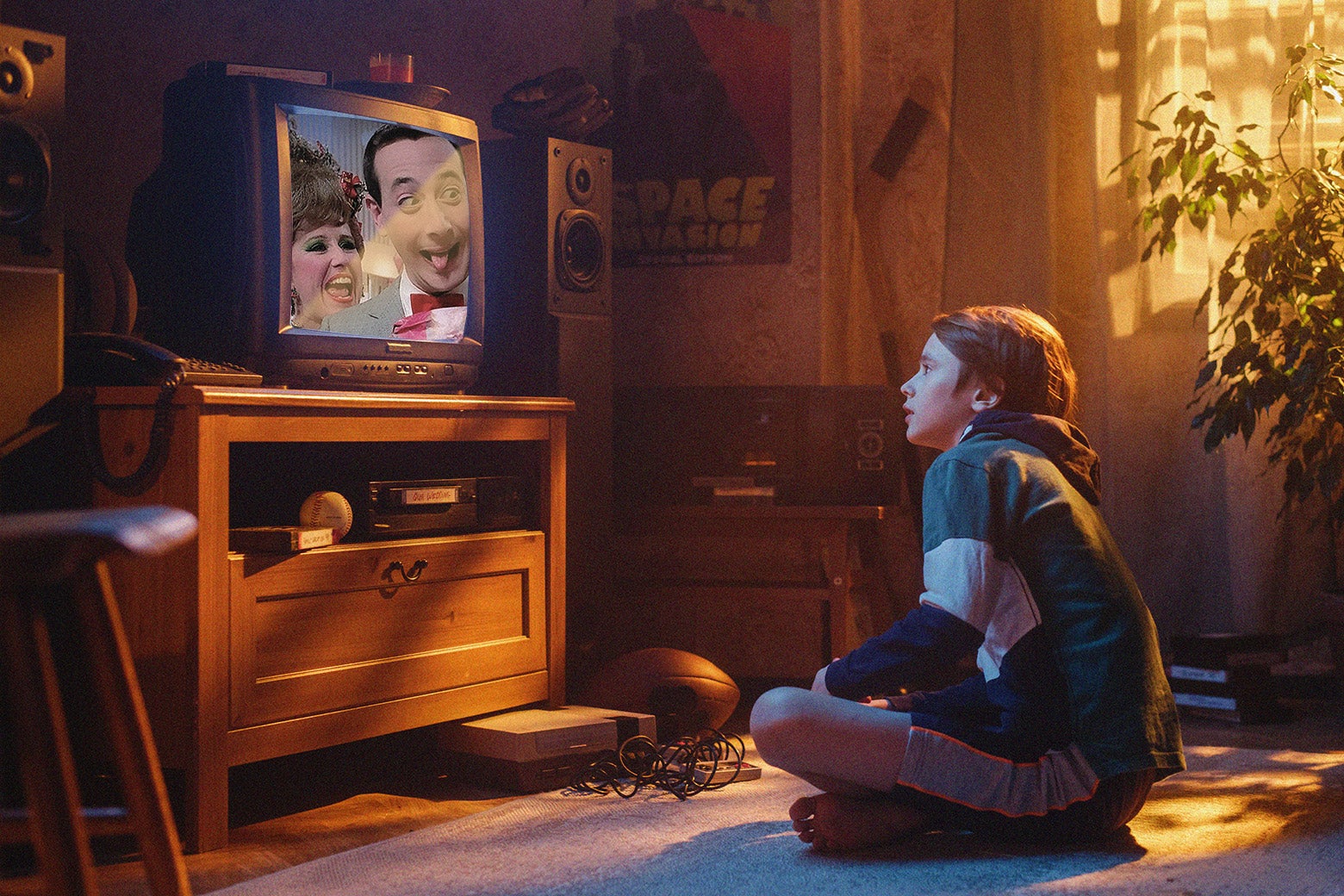UPDATE: A growing number of parents are voicing concerns over the decline of creative and psychologically complex children’s programming, marking a significant shift in the media landscape. Recent findings indicate that children are gravitating towards older shows like Pee-wee’s Playhouse and films such as Willy Wonka and the Chocolate Factory, suggesting a disconnection from contemporary content.
Parents like Levi’s mother report that her son shows little interest in modern children’s TV, preferring the “weird” and “wonderful” narratives of the past. “He’s bored by new shows, but loves the ambiguity of older content,” she states. This trend raises urgent questions about the psychological impact of children’s media today.
According to Kyra Hunting, an associate professor at the University of Kentucky, the shift in children’s media began in the 1980s and 1990s, driven by commercial interests and a focus on licensing profitable characters. “The freedom to experiment has diminished as networks prioritize profit over creativity,” she explains. This has led to a homogenization of children’s programming, with many shows focusing on straightforward moral lessons rather than exploring the emotional complexities of childhood.
As streaming services dominate, algorithms are pushing the most generic content to the forefront, sidelining the “weird” and artistic shows that once captivated young audiences. The abundance of merchandise linked to shows like Paw Patrol further entrenches this trend, catering to a market that favors familiarity over innovation.
Experts are increasingly concerned about the implications for children’s mental health. Tovah Klein, a psychologist and author, emphasizes the importance of allowing children to experience the chaotic and ambiguous aspects of life without the pressure of moralizing lessons. “Children need to know that it’s okay to feel mixed emotions,” Klein asserts.
In a world where parents often feel compelled to rationalize every experience for their children, the beauty of encountering the unpredictable and the bizarre in media is being lost. “It’s not just kids who benefit from this content; adults do too,” Levi’s mother reflects, highlighting the shared experience of enjoying the whimsical chaos of shows like Pee-wee’s Playhouse.
As the conversation around children’s media continues to evolve, parents are urged to seek out content that embraces complexity and encourages emotional exploration. This shift could play a crucial role in fostering resilience and understanding in the next generation.
WHAT’S NEXT: Parents are encouraged to explore and support shows that offer a richer narrative experience, seeking out international content and lesser-known series that celebrate the “weird” and “wonderful.” The future of children’s programming may depend on reclaiming this vital aspect of storytelling, ensuring that young viewers not only learn but also feel deeply in a world that often oversimplifies the human experience.

















